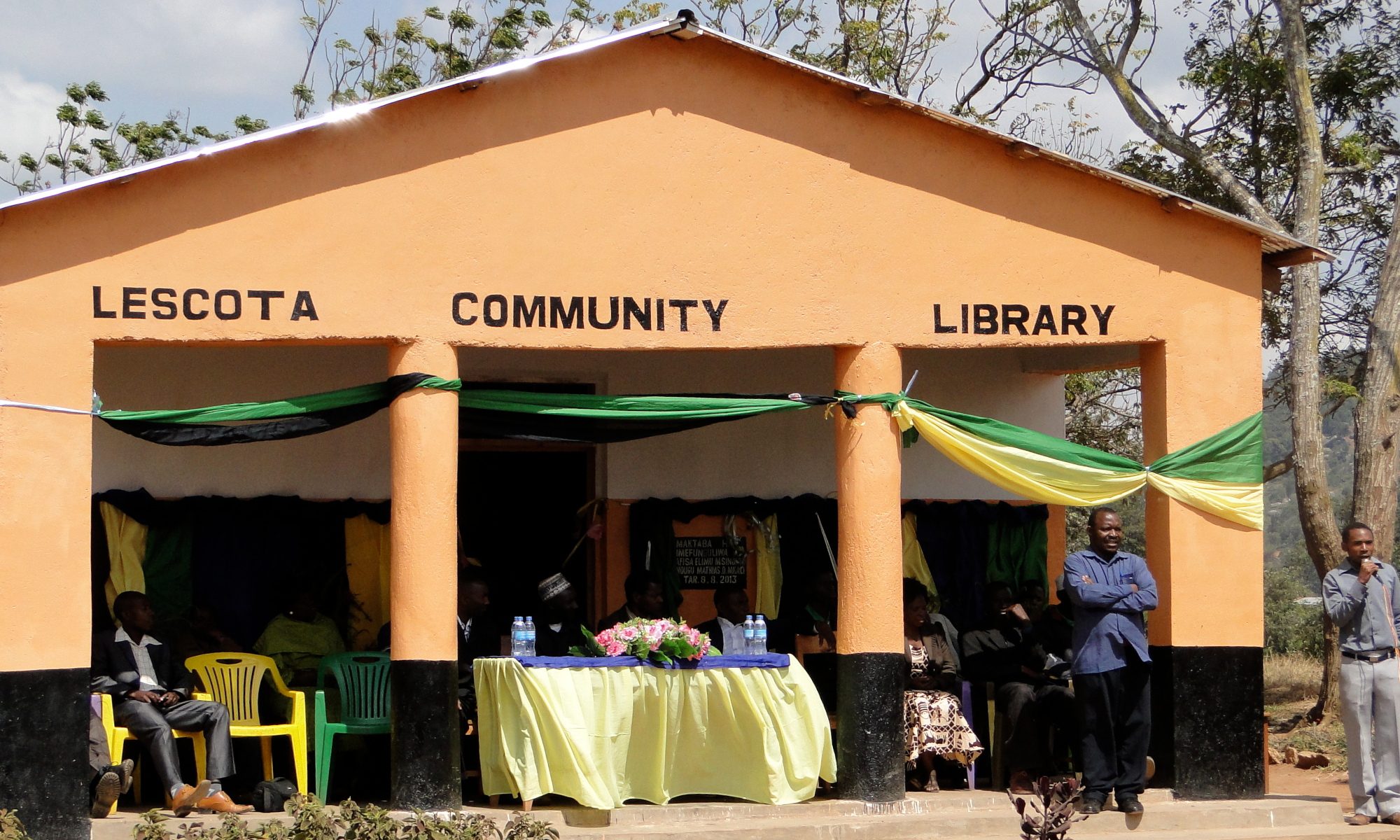As former Peace Corps Volunteers in Tanzania, we’re always proud of what the current Peace Corps Volunteers are accomplishing there. Recently the work of two Peace Corps volunteers at a conference on pedagogical practices was highlighted in the Tanzanian newspaper, The Guardian. The volunteers, Aron Walker and Peter McDonough set up an exhibit showing how to equip a science laboratory with locally available materials. In a country where all science subjects (Physics, Chemistry, Biology) are mandatory for two years and the laboratory supplies are scarce (not to mention the funds to buy them or to build the physical laboratory building), teaching science effectively can be difficult. Being able to set up a laboratory in a cost-effective manner using local materials would help teachers be able to better capture students’ interest and increase their understanding through practical, hands-on explorations. Way to go Aron and Peter!
Click here for the full article from The GuardianTanzania Gets Loan to Improve Science Subjects
Tanzania will get a USD 90 million loan from the African Development Bank (AfDB) to improve science subjects in secondary schools…
Read full article at IPP Media.
This funding is much needed, as the number of secondary schools has skyrocketed in the past few years. Almost all of the new schools like supplies or laboratories adequate for the teaching of science. Unfortunately, this loan will probably not address an even more pressing problem, the lack of science and mathematics teachers. Although the article mentions the training of teachers, the number of new science and math teachers in some rural districts is as few as four or five. These districts have over twenty schools. Over time the number of teachers would increase, were it not for the desire of most teachers to go on to university education, meaning even those four or five new teachers may yield a net gain of zero new teachers, as older teachers leave their posts to resume their studies.
Another problem that arises is the one of teachers who are not comfortable with laboratory materials. Many teachers were not exposed to actual laboratories while they were in secondary school and so they are not familiar with them. In some schools, this means that, although supplies are present, they are not being used, due to the teacher’s lack of knowledge.
Finally, loans to provide chemicals to schools are not sustainable. While I applaud the effort to promote science, I wonder who will provide more chemicals as these are used up? Some chemicals which commonly are part of the practical portion of the national exams are used quite quickly. Without a change in the way the Ministry runs the schools and provides their funding, these new chemicals will only prove to be a temporary fix.

